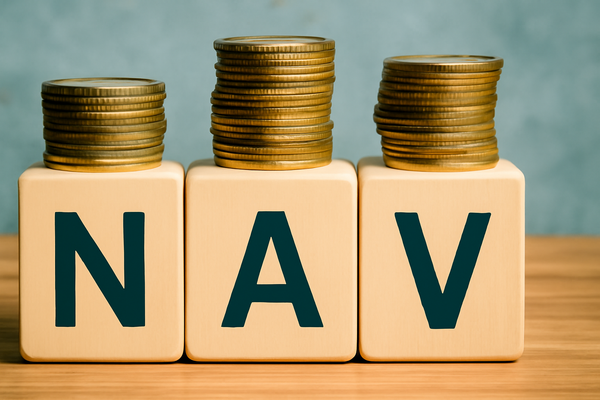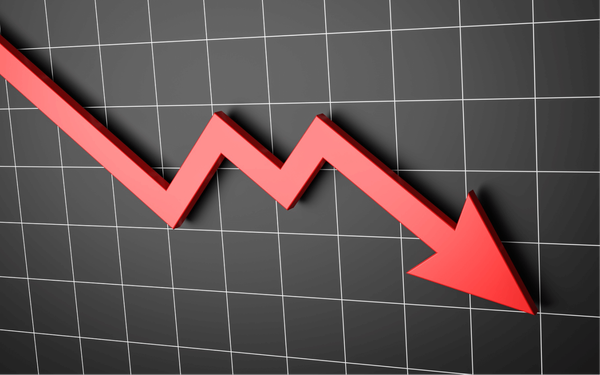FD vs Mutual Funds: Which one grows savings faster?
FDs offer predictable, low-risk interest over a fixed term that soothes nerves, while mutual funds are market-linked, higher-risk vehicles with greater growth potential, easier liquidity, and more volatility (plus fees and tax considerations).

Fixed Deposit (FD) and Mutual Funds are two of the most popular ways Indians invest their savings, but which one actually grows savings faster? The answer depends on your risk appetite, goals, and so much more. While some of us love the safety of FDs with predictable returns and hardly any surprises, the last decade has seen a lot of investors jump into mutual funds, drawn by those mouth-watering “double your money” charts.
So what’s the reality? Can an FD, which feels so safe, really ever beat a mutual fund in the race to grow your money faster? Let’s find out in this thorough article!
What Are Fixed Deposits (FDs)?
Fixed Deposits are products provided by banks where you lock in money for a set period in exchange for guaranteed interest, typically between 6% and 8% per year. The interest rate doesn’t change, which means your returns are predictable and you know exactly how much you’ll be earning after a fixed time period.
Conservative investors love FDs for their stability and certainty, making them a “sleep easy” choice for savings.
FD features
- Returns: Fixed, about 6-8% annually.
- Risk: Practically no risk; money is insured up to ₹5 lakh and protected by banks.
- Liquidity: Premature withdrawal is possible, often with a penalty.
- Tax: Interest is taxed at your income slab rates.
What are Mutual Funds?
Mutual Funds pool money from multiple people and invest the funds in a mix of assets (stocks, bonds, etc.), aiming for growth. There’s no guaranteed return in the case of mutual funds as the performance depends on market conditions, but the potential is much higher than FDs.
Recent numbers show average equity mutual fund returns of around 12-15% annually over longer periods. The catch here is that your returns can fluctuate.
Mutual Fund features
- Returns: Variable, averages 12-15% given time, but can be lower when the market is down.
- Risk: Moderate to high; market-linked, value can drop suddenly.
- Liquidity: Easy to redeem in 1-3 business days, sometimes instantly.
- Tax Gains: Different taxation rules apply to different types of mutual funds.
FD vs Mutual Funds: Who earns better?
When it comes to FD vs mutual funds, FDs promise you “steady” returns. Over the last 10 years, FD interest rates bounced between 5% to 9%. Most banks currently offer 6-7%, up to 7.3% for regular investors, and up to 7.8% for senior citizens. That’s amazing for peace of mind, but what about real growth?
Now, let’s talk mutual funds, specifically equity mutual funds. Over the same decade, these funds gave an average of around 12% annual returns. Over time, the growth of mutual funds has outpaced FDs by a wide margin. That’s almost double the annual growth. So, mutual funds do give better returns in the long run.
The issue of Risk: Sleep easy or grow big?
With FDs, you will feel safer. Your money is going to be protected, the returns are promised, and you will get exactly what was in the contract when you signed up. There’s almost no way you’ll lose your capital.
On the other hand, mutual funds can come with ups and downs. These funds are linked to the stock market, which means that some years the returns might be high, while some years may see a downfall.
However, if you stay invested for a long time (5+ years), the chances of strong positive returns grow a lot. Yes, there’s a risk of market fluctuations with mutual funds, but history shows that sticking to your investments will beat the “playing it safe” with FDs if growth is your main goal.
Liquidity: Which of the two is more flexible?
Do you want your money back early from an FD? You can withdraw the amount, but you’ll likely pay a penalty for breaking the contract before the term ends. So, in this case, flexibility takes a hit.
Most mutual funds, on the other hand, are open-ended. This means you can redeem your money usually within 1-3 business days, though there might be a small exit load in the first year. That makes mutual funds a lot more liquid for most investors.
FDs vs Mutual Funds: Comparison table
Should you mix both?
Absolutely! If guaranteed safety and peace of mind matter most to you, keep some savings in FDs. They’re perfect for emergencies or short-term needs. But for long-term goals like buying a house, entrepreneurship, and early retirement, equity mutual funds will be unmatched for faster, inflation-beating growth.
Conclusion
Investing isn’t about picking sides; it’s about picking what fits your goals, risk comfort, and dreams for the future. Fixed Deposits and Mutual Funds both serve different needs. FDs are great for safety and certainty, while mutual funds can multiply your savings over 10 years if you stay patient and don’t react during market downturns.
So, grow smart, stay informed, and always choose what helps you sleep best at night. Happy investing!




